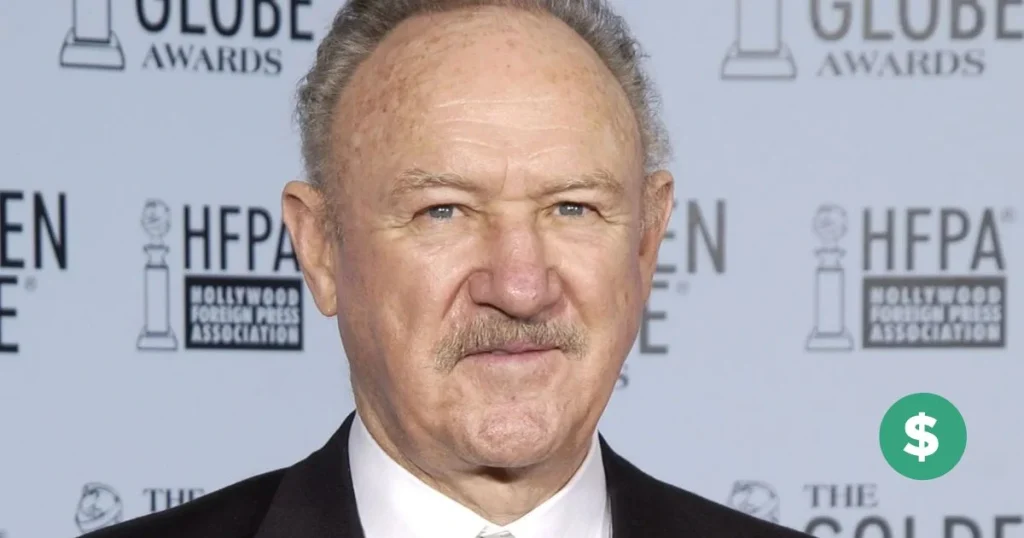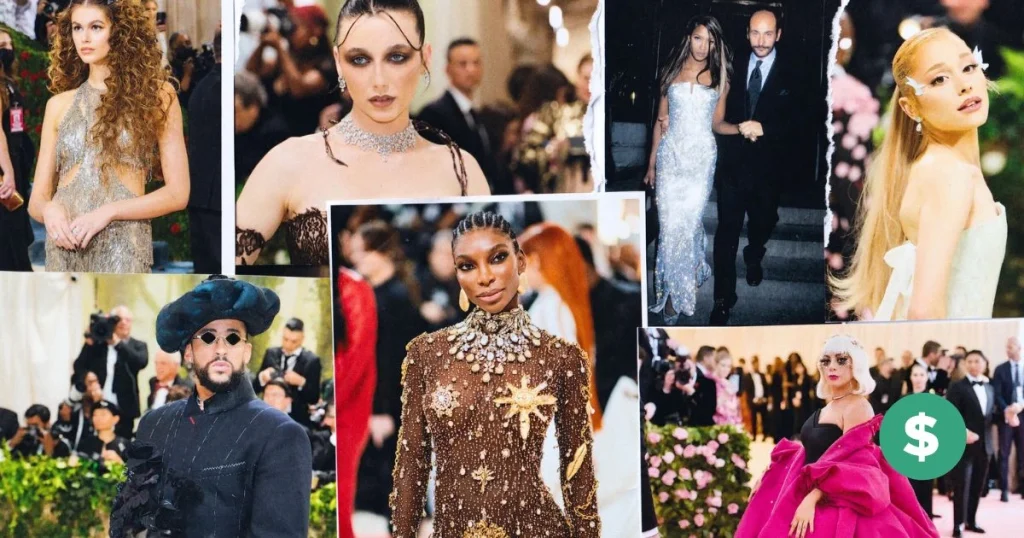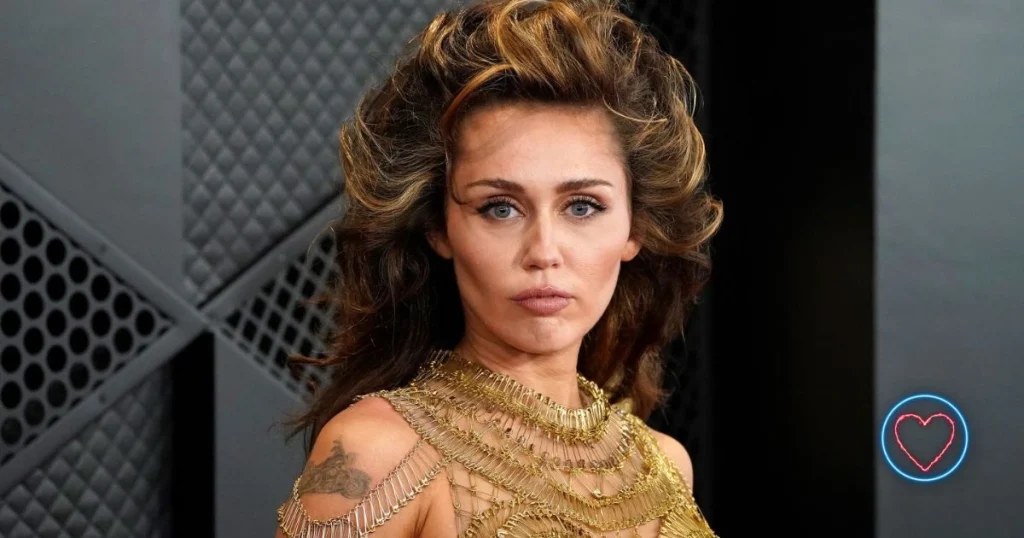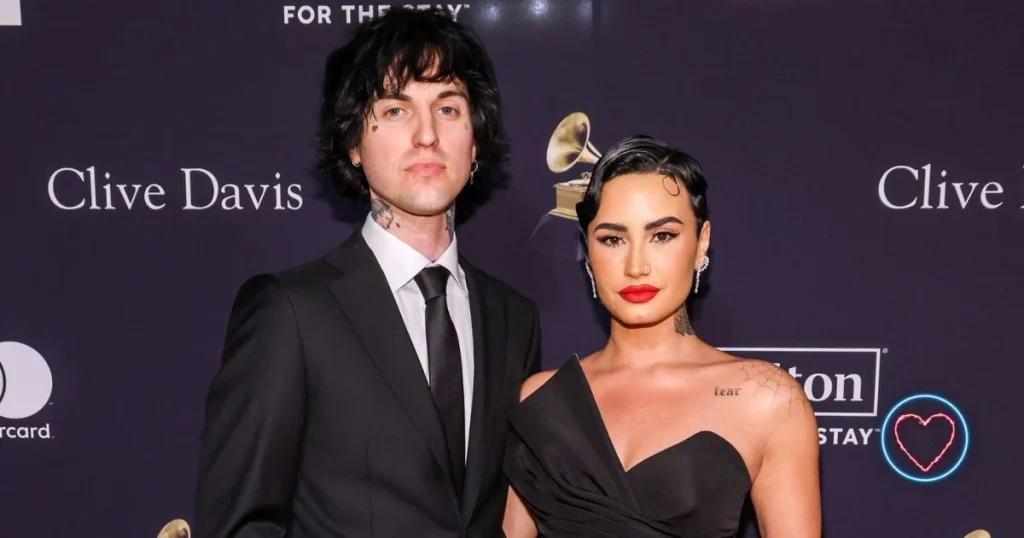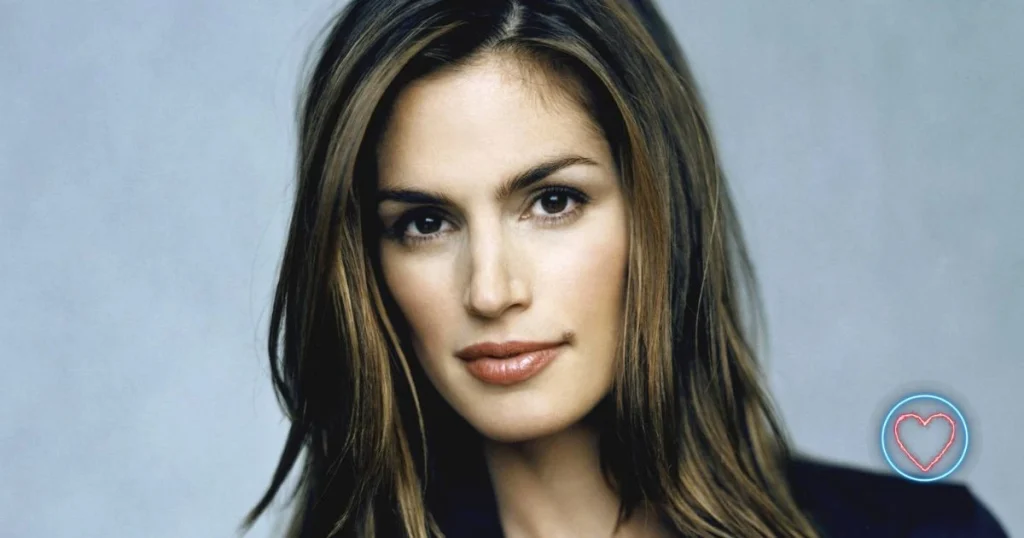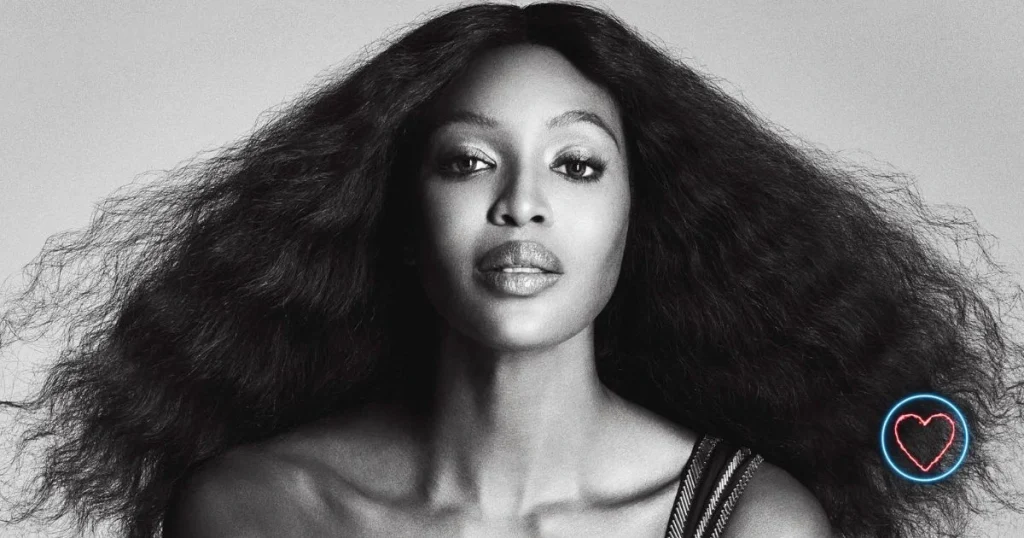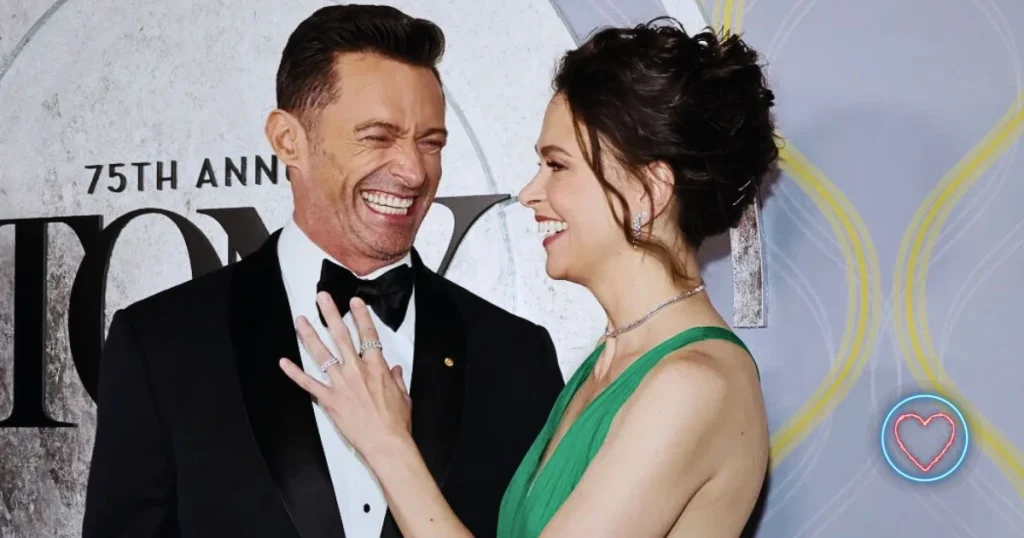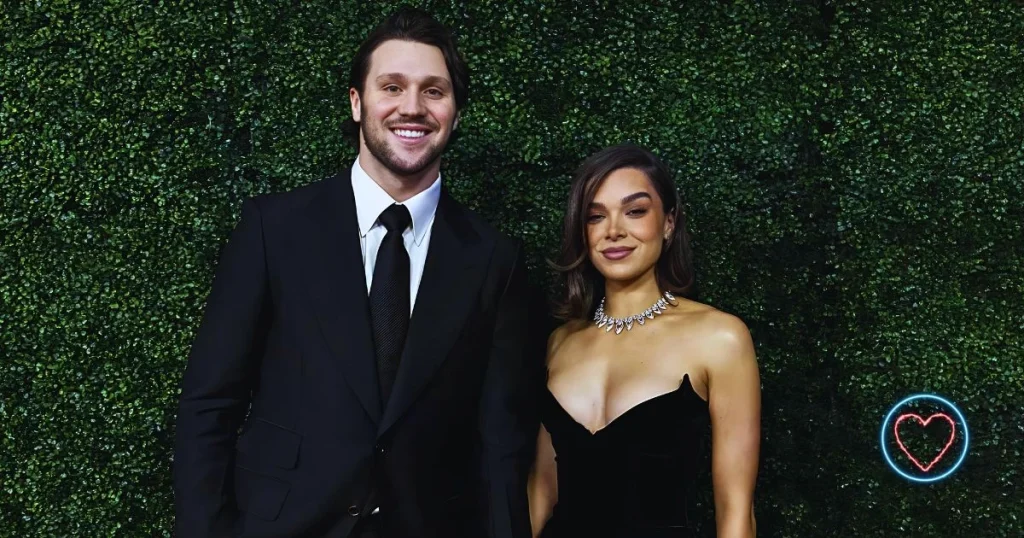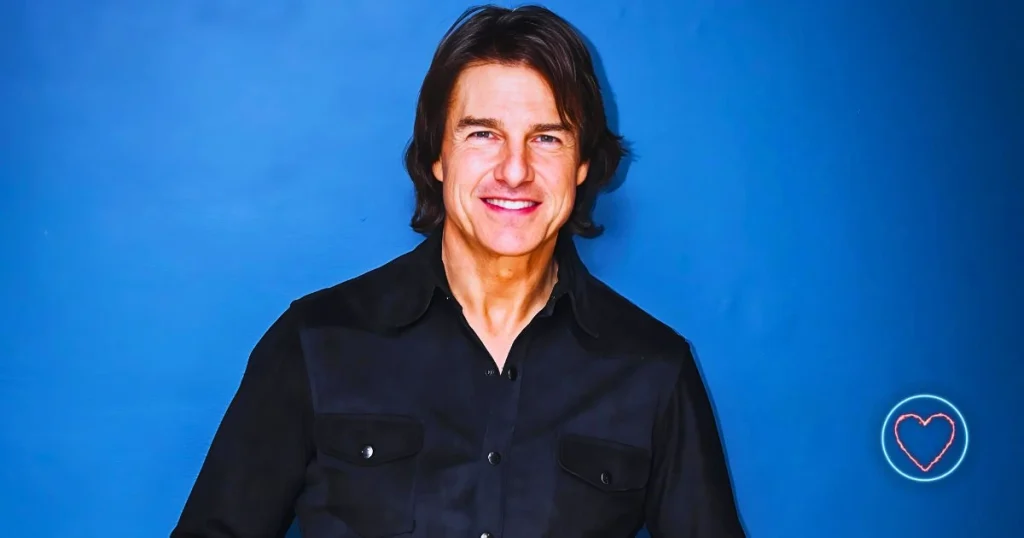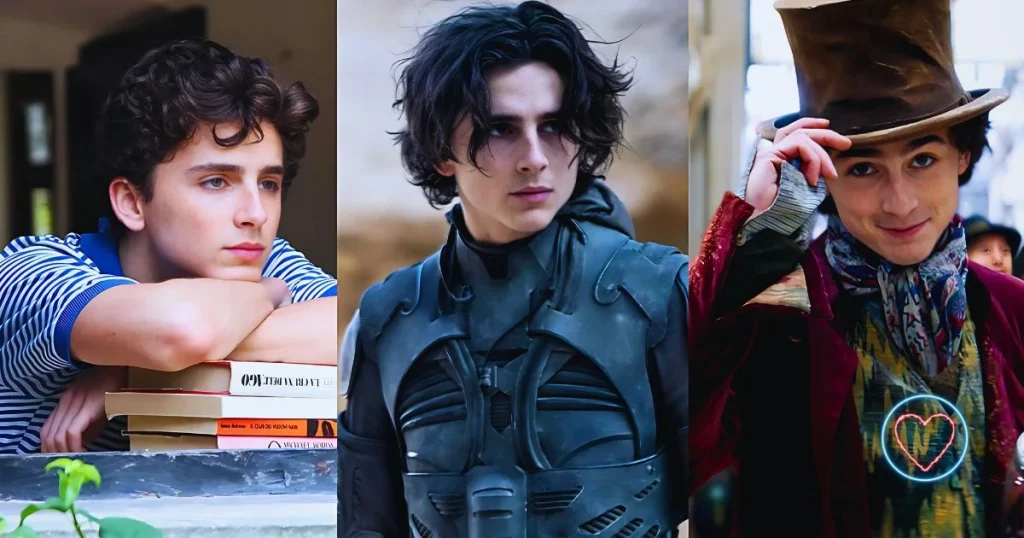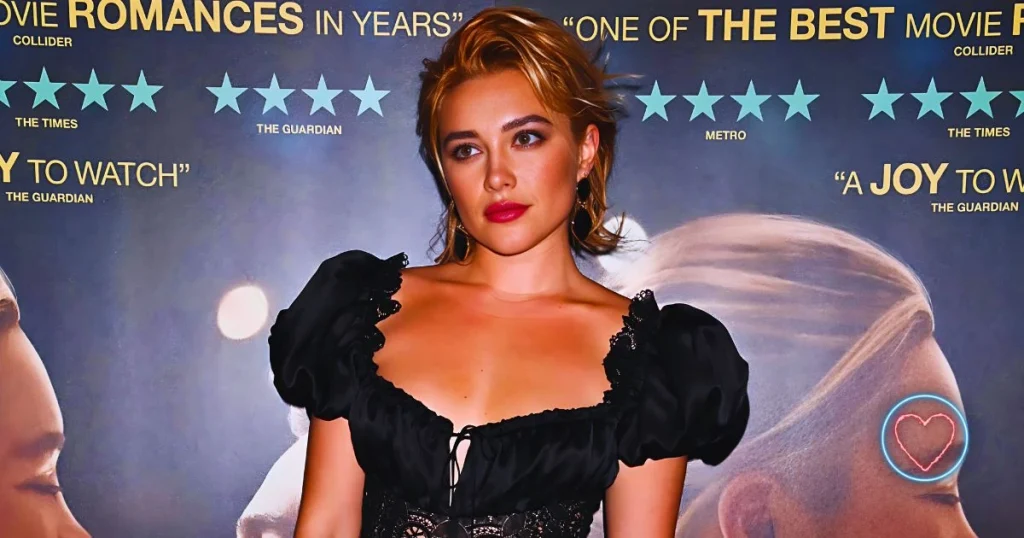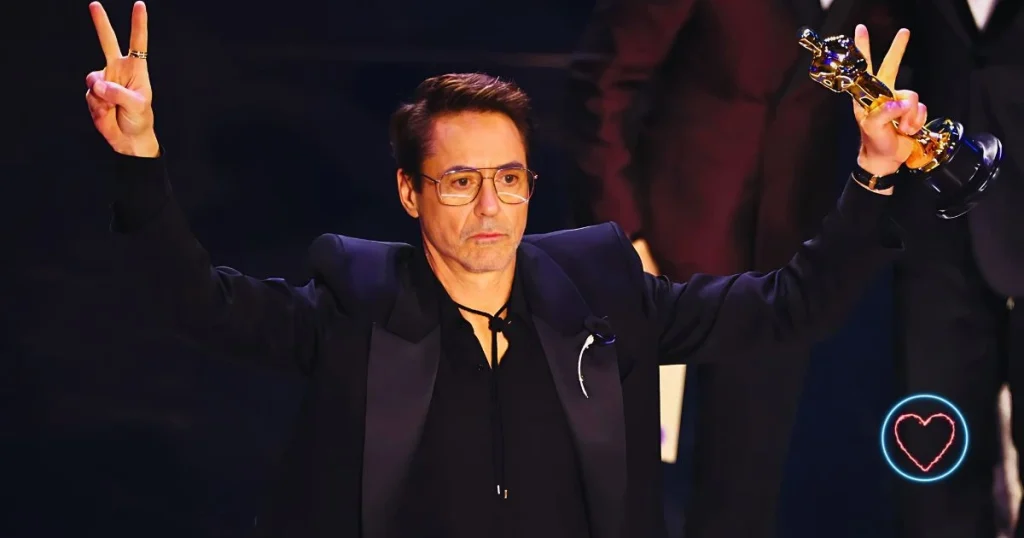In an era of hyper-curated celebrity culture, social media skepticism, and shifting gender paradigms, few stars have managed to captivate both Millennials and Gen Z quite like Margot Robbie. From her breakthrough in The Wolf of Wall Street to her cultural domination in Barbie, Robbie has consistently occupied a unique space—one that blends old-school Hollywood glamour with modern feminist sensibilities.
But what makes her especially relevant to two of the most scrutinizing and socially conscious generations? It’s not just her talent or beauty. It’s the substance behind the style, the multidimensionality behind the screen presence, and the authenticity behind the fame. Robbie doesn’t just entertain—she reflects the values, aspirations, and contradictions of a generation in flux.
From Bombshell to Powerhouse: Breaking the Mold
Robbie’s early rise to fame was emblematic of traditional Hollywood: a stunning blonde cast as the seductive Naomi in The Wolf of Wall Street. It was a role that could have easily typecast her as another “pretty face” in a long line of actresses used as cinematic eye candy. But instead of being boxed in, Robbie used that moment to launch something more profound.
Shortly after, she began choosing roles that allowed her to break stereotypes rather than reinforce them. From Tonya Harding in I, Tonya to Queen Elizabeth I in Mary Queen of Scots, Robbie has made a career of portraying complex, often flawed women—characters that speak more to the lived reality of Millennial and Gen Z viewers than fairy tale perfection.
This pivot aligns deeply with a generational shift. Millennials and Gen Z crave authenticity and reject superficiality. Robbie’s choice to showcase messiness, grit, and nuance is precisely what makes her feel so real—even when she’s playing a plastic doll.
The Power of Reinvention
One of the core reasons Robbie resonates with younger audiences is her ability to reinvent herself—not just as an actress, but as a brand. In an age where identity is fluid and self-reinvention is a key part of personal evolution (especially in online spaces), Robbie’s career mirrors that dynamic.
She didn’t just continue acting—she launched her own production company, LuckyChap Entertainment, with the goal of creating female-led stories. Millennials and Gen Z admire not just those who succeed, but those who build. In the gig economy and creator era, Robbie embodies the multi-hyphenate ideal: actress-producer-activist-entrepreneur.
Her move behind the camera also reflects the values of autonomy and self-empowerment that resonate strongly with young people raised in a world of start-ups, side hustles, and breaking away from traditional power structures.
Barbie as a Cultural Reset
No discussion of Margot Robbie’s Gen Z appeal is complete without diving into Barbie (2023). What could have been a superficial franchise reboot became a complex cultural artifact. Barbie was pink, yes, but it was also profound. Directed by Greta Gerwig and co-produced by Robbie herself, the film tackled issues of gender roles, identity, patriarchy, and existential anxiety—all within the glossy framework of a doll’s universe.
To Millennials, Barbie was a nostalgic reimagining of a childhood icon. To Gen Z, it was a visually appealing yet socially sharp dissection of modern gender dynamics. To both, it was validation that intelligent storytelling can still be wildly entertaining.
Robbie’s performance as the titular doll was as layered as the themes the film explored. Her Barbie was not just perfect—she was lost, thoughtful, evolving. In other words, she was deeply human. This ability to capture depth beneath the surface is what has made her relatable to audiences who are allergic to inauthenticity.
A Feminist With Finesse
Both Millennials and Gen Z hold progressive values close to their hearts, particularly around issues of gender equality. But they also resist didacticism. They want their feminism nuanced—not preachy. Robbie manages this balance with finesse.
She doesn’t market herself as a radical or overt activist, but her choices—from funding women-led stories to amplifying female voices—speak volumes. She lets her work do the talking, embodying a type of “quiet feminism” that’s performative only in results, not ego.
This approach is especially appealing to younger generations who are fatigued by empty virtue signaling. They seek impact over optics, and Robbie delivers that through deliberate career decisions rather than public speeches.
Style with Substance
Let’s not ignore the obvious: Margot Robbie is a fashion icon. But what makes her style resonate with younger audiences isn’t just the outfits—it’s how she uses them.
In the Barbie press tour, she paid homage to classic Barbie dolls with a series of perfectly curated looks. Each outfit was a message: playful, referential, self-aware. Gen Z in particular loves this kind of cultural “meta”—it’s not just fashion, it’s commentary. It’s nostalgia-meets-irony-meets-aesthetics, a hallmark of Gen Z humor and communication.
At the same time, Robbie doesn’t appear to be a slave to the fashion machine. Her red carpet appearances feel elegant but not forced. Her street style is relatable, not extravagant. That balance of being aspirational yet accessible is hard to master, but she does it—effortlessly.
She Feels Real, Not Manufactured
One of the defining traits of both Millennials and Gen Z is their built-in radar for inauthenticity. They’ve grown up with social media influencers, reality TV, and branded content. They know when they’re being sold to.
Robbie’s appeal lies in her restraint. She doesn’t overshare on Instagram. She’s not constantly making TikToks or doing chaotic brand partnerships. She protects her privacy, maintains a certain mystique, and stays out of unnecessary drama. In a world where oversaturation often breeds contempt, her scarcity makes her feel more genuine.
That doesn’t mean she’s unrelatable—far from it. In interviews, she’s funny, self-deprecating, and grounded. But she doesn’t rely on performative relatability to remain relevant. Instead, she allows her work and her energy to speak for her. For generations skeptical of celebrity culture, this is a breath of fresh air.
She’s in Control—But Doesn’t Flaunt It
Power is attractive—but so is humility. Robbie walks this tightrope with elegance. She’s undoubtedly one of the most powerful women in Hollywood today, but she rarely projects arrogance. In fact, she often credits others—directors, fellow actors, writers—for her success.
This collaborative spirit resonates deeply with younger generations who are redefining leadership itself. For them, authority isn’t about dominance. It’s about mutual respect, shared growth, and authenticity. Robbie represents this new model of power—not top-down, but alongside.
Balancing Fame and Personal Boundaries
In a world where access is currency, Margot Robbie has managed to remain a superstar while setting clear personal boundaries. She rarely talks about her private life. Her marriage to Tom Ackerley is low-profile, her social media is inactive, and she doesn’t chase headlines.
Both Millennials and Gen Z are acutely aware of the toll fame can take on mental health. They’ve seen countless public breakdowns and scandals. Robbie’s ability to set boundaries, take time off, and manage fame with grace is something both generations admire—and often aspire to emulate.
The Role Model Who Doesn’t Pretend to Be Perfect
Perhaps what truly sets Robbie apart is her refusal to be a flawless role model. She doesn’t pretend to have all the answers. She doesn’t position herself as a life coach. She’s honest about the difficulties of Hollywood, the demands of producing, and the pressures of fame.
This grounded, open attitude offers something rare in celebrity culture: a role model who inspires without preaching. In a time when both Millennials and Gen Z are navigating overwhelming choices, mental health struggles, and identity shifts, Robbie represents something powerfully reassuring—the possibility of thriving without losing yourself.
Conclusion: The Icon for the Era
Margot Robbie isn’t just a Hollywood actress. She’s a generational icon. For Millennials, she embodies the aspiration of self-made success, multidimensional talent, and quiet strength. For Gen Z, she symbolizes fluidity, reinvention, and intelligent resistance to outdated norms.
She doesn’t chase trends—she shapes them. She doesn’t overexpose—she evolves. And in a culture dominated by performative personas, Robbie’s authenticity is what makes her unforgettable.
As both generations continue to reshape the landscape of media, identity, and activism, Margot Robbie stands not just as a reflection of their values—but as a co-architect of their cultural future.

